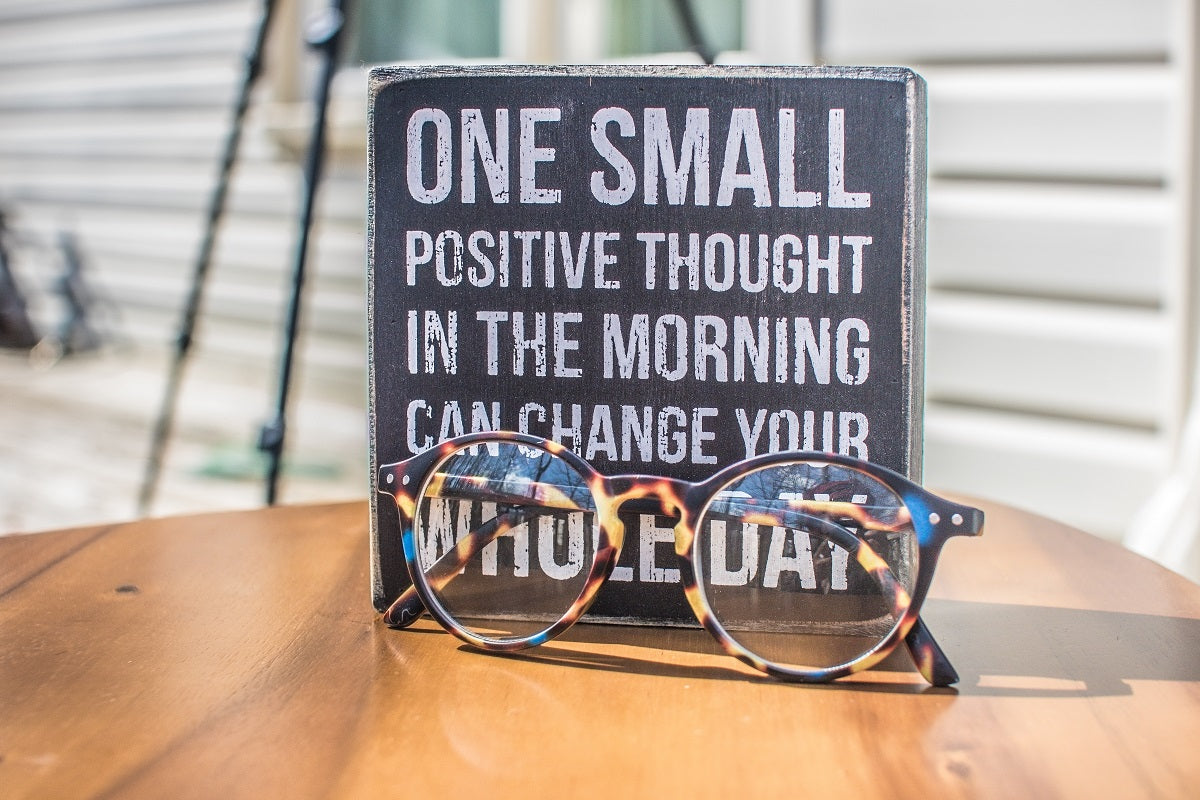If you suffer from any kind of disordered eating, do not follow the tips in this article without the support and guidance of an appropriate medical professional.
How much do you know about what you’re eating?
Few of us eat as mindfully as we should. We might choose foods based on convenience rather than other factors, snack mindlessly, eat to soothe difficult emotions or fight boredom, or simply routinely eat more or less food than we really need.
If you want to improve your health, your diet is the first place you should look. But overhauling how you eat will not happen in a day. The first step to changing a habit is understanding what you are currently doing and why. This is where food journaling can help.
Why Keep a Food Diary?
New to the idea of food journaling? Here are three great reasons to try it:
You’ll Get a More Realistic Picture

Many people believe that they eat more healthily than they really do. Journaling your food allows you to take a realistic look at how you’re actually eating, rather than how you wish you were eating.
Perhaps you believe that you usually eat the recommended five servings of fruits and vegetables each day, but your food diary shows that you only actually manage this once or twice a week. Or perhaps you think that you don’t eat very much sugar, but your food diary will reveal that you’re snacking on candy between meals most days.
It can be tempting to hide from the less ideal aspects of your diet, but you cannot improve your health without a realistic assessment of your current position. Food journaling gives you that realistic assessment.
You’ll Spot Patterns

Most of us have unconscious bad habits that we return to again and again. When you start food journaling, consider making a note of not just what you’re eating but how you feel.
Do you eat when you’re not really hungry, or do you ignore your hunger cues until you’re absolutely ravenous? Do you reach for sweet or salty snacks when you’re sad, lonely, or bored? Are you drinking alcohol more often than you would like?
Simply recognizing and naming your unhealthy patterns is the first step to addressing them.
You’ll Be More Mindful

The simple act of writing things down can cause big shifts in the way you think about your actions. For example, as you’re grabbing that third helping of snacks when you’re not hungry, remembering that you will need to write it down can help you to pause and think about whether you’re making healthy choices.
You might still sometimes choose to eat when you’re not hungry or grab candy instead of a piece of fruit. We’re all human and perfection is not the goal here. But being mindful of your choices makes them just that—choices, rather than automatic actions taken without thought.
How to Start a Food Journal

You can journal your food in whatever way works for you. The simplest way is to write down everything you eat in a basic notebook. You can also buy a special food diary (these are available at stationery stores and online), use the notes app on your smartphone, or use an app such as Fitbit, LoseIt, or MyFitnessPal. Choose whatever method works best for you and stick to it.
Here are a few tips to help you start journaling your food:
- Commit to journaling for at least two weeks.
- Get into a routine of writing things down as soon as you have finished eating them. This reduces the possibility that you will forget to include something.
- Don’t count calories or macros to begin with. You can always add this in later if it aligns with your goals. For the first 2 weeks, simply write down what and how much you eat (e.g. “two slices of toast with peanut butter, cup of coffee with whole milk”) as well as any notes about how you’re feeling.
- Try to eliminate self-judgment as much as you can. Food can be healthy or unhealthy, but your choices are all morally neutral and the purpose of this exercise is not to beat yourself up. In fact, doing so can lead to more unhealthy choices in the long run.
- Think about the whys behind your choices. For example, you might write “chose to get takeout instead of cooking after a bad day at work” or “felt I needed a glass of wine to help me sleep.”
- Most importantly, stick with it.
Have you Tried Journaling Your Food?
And did it help you? We’d love to know about your experiences, insights, and top tips.
Read more

“Whether you think you can or you think you can’t, you’re right.” This quote is generally attributed to the American industrialist Henry Ford, and is a classic example of the idea of mind-over-mat...

We’re all familiar with many of the world’s most popular sports: football, soccer, baseball, basketball, hockey, and so on. But what about some of the more unusual sports and pastimes out there? W...






Leave a comment
All comments are moderated before being published.
This site is protected by hCaptcha and the hCaptcha Privacy Policy and Terms of Service apply.